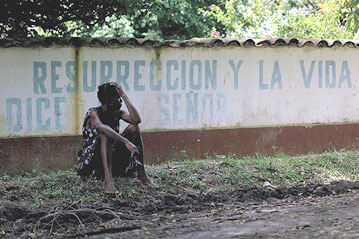By Stephen Kopko
Impunity Watch Reporter, North America
MISSISSIPPI, United States – A Mississippi high school canceled their spring formal prom after prohibiting a lesbian student from bringing her girlfriend to the event. The School Board canceled the prom after the American Civil Liberties Union asked the school to rescind their initial ruling.
Constance McMillen is an eighteen year old high school student at Itawamba Agricultural High School in Northern Mississippi. The controversy began when McMillen stated that she was going to bring her girlfriend, a sophomore at the school, to the prom and also wear a tuxedo. After her proclamation, school administrators posted fliers around the school stating the same-sex dates were not allowed at the prom. McMillen then contacted the Mississippi division of the American Civil Liberties Union (ACLU). The ACLU asked the school district to reconsider its position on same-sex dates. The school district then canceled the entire prom.
The ACLU filed a lawsuit on behalf of McMillen on Thursday. According to the suit, McMillen argues that by not allowing her to bring a date of her choosing and by canceling the prom, the school district violated her First Amendment rights of freedom of speech and freedom of expression.
McMillen’s lawsuit and story has gained enormous attention. She has received great support from many gay-rights activists as well as civil rights groups and supporters. She was greatly appreciative of the support she has received all around the country. Some supporters offered to host a prom at their businesses. For example, Sean Cummings, a hotel owner in New Orleans, offered his hotel as a place to hold the prom free of charge. He also offered to provide transportation to the students attending the event at his establishment.
Conservative groups supported the school board’s decision. They believe that the issue is another way in which same-sex couples are trying to become legally recognized. They disagree with this position. Attorney Stephen Crampton of the Liberty Counsel, a conservative social policy agency, stated; “The district might be motivated by a desire to prevent the ultimate conduct that is presumptively illegal in this state.” Mississippi is the only state that still has an anti-sodomy law, even though it is not enforced.
For more information, please see:
CBS News – Lesbian Teen Speaks Out on Cancelled Prom – 12 March 2010
USA Today – Prom offers flood in for Mississippi students – 12 March 2010
ACLU – Mississippi High School Insists on “Straights-Only” Prom – 11 March 2010
Christian Science Monitor – Constance McMillen takes fight over same-sex prom date to court – 11 March 2010
